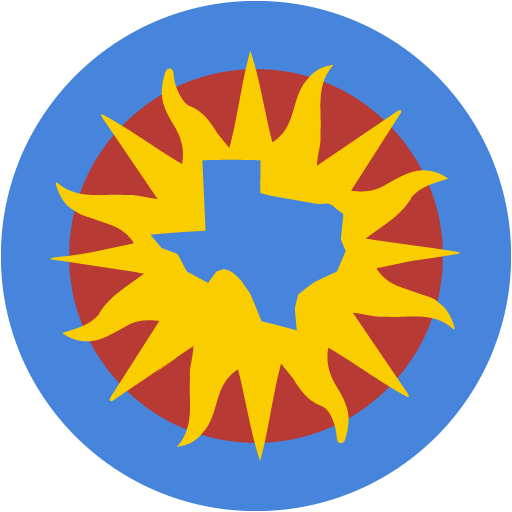Glossary
| Copyright | “(it) is a type of intellectual property that protects original works of authorship as soon as an author fixes the work in a tangible form of expression. In copyright law, there are a lot of different types of works, including paintings, photographs, illustrations, musical compositions, sound recordings, computer programs, books, poems, blog posts, movies, architectural works, plays, and so much more! (US Copyright Office, ND.) |
| Creative Commons | “A licensing system that permits authors to license their work in order to maintain the level of control they desire. There are a variety of licenses available ranging from very strict (similar to copyright) to completely open and free.” (Levey 2012:127). |
| Fair use | “(it) permits a party to use a copyrighted work without the copyright owner’s permission for purposes such as criticism, comment, news reporting, teaching, scholarship, or research. Copyright law does establish four factors that must be considered in deciding whether a use constitutes a fair use; these factors are: the purpose and character of the use; the nature of the copyrighted work; the amount and substantiality of the portion used in relation to the copyrighted work as a whole; and the effect of the use upon the potential market for or value of the copyrighted work.” (Copyright Alliance, n/d). |
| Open access publishing | “(it) is a form of publishing, usually scholarly and on the Web, which provides free online access without any licensing fees. Users may read, download, search, index and link to open access resources without financial, legal or technical barriers. (Levey 2012:127) |
| Open educational resources (OER) | “OER are teaching, learning and research hat are either (a) in the public domain or (b) licensed in a manner that provides everyone with free and perpetual permission to engage in the 5R activities: Retain, Reuse, Revise, Remix, and Redistribute.” (Creative Commons, N/D) |
| OER Licensing | Licensing is the process by which the creator/owner of a work select a license to allow others to access/ retain / use / reproduce / adapt/ share (depending on the type of license) their works. |
| Institutional repository | An institutional repository is an online archive or database of materials hosted and maintained by an organization, such as a college [for instance, Open Textbook Library is hosted by the University of Minnesota), or a public institution (for instance, Open Course Library is hosted by the Washington State Education Board). This kind of repositories allows institutions to publish and house scholarly work while facilitating dissemination. |
| Public domain | Creative or scholarly works which are not (or are no longer) protected by copyright law are considered to belong to the public domain. These works can be freely accessed and used by the public with no restrictions. |
OER Repositories & Catalogs
- BC Campus Open Ed. Learning about, and experiencing, open educational practices
- Europeana. Discover inspiring European cultural heritage
- LibreTexts. LibreTexts – Free The Textbook
- Lumen Learning. Lumen’s Catalog Page | Pressbooks (lumenlearning.com)
- Merlot. MERLOT
- Milne Open Textbooks. Open SUNY Textbooks
- National Language Resource Centers. National Foreign Language Resource Centers (NFLRC)
- OER Commons. OER Commons
- OER Commons World Language Collection. World Languages Collection Resources
- Open Course Library. Open Course Library – Home
- Open Textbook Library. Open Textbook Library
- Open Stax. OpenStax CNX
- Pathways Project-OER Language Teaching Repository. Pathways Project
- Project Gutenberg. Free eBooks | Project Gutenberg
- Teaching Commons. Teaching Commons | Open Educational Resources
- World Languages OER. OER starting points – World Languages
References
Creative Commons. (2018). Best Practices for Attribution. Mountain View, CA: Creative Commons. Best practices for attribution – Creative Commons
Creative Commons. (N/D). Open Education. Mountain View, CA: Creative Commons. Open Education – Creative Commons
Creative Commons. (N/D). OER Licences. Mountain View, CA: Creative Commons About CC Licenses – Creative Commons
COERLL (n/d). Introduction to OER for Language Teachers [online course]. Austin, TX: COERLL. http://bit.ly/coerll-course
Copyright Alliance (n./d.) What is Fair Use? Washington, DC: Copyright Alliance. What Is Fair Use | Copyright Alliance
Levey, L. (2012). Finding Relevant OER in Higher Education: A Personal Account. In J. Glennie, K. Harley, N. Butcher & T. van Wyk, Eds, Open Educational Resources and Change in Higher Education: Reflections from Practices, 125–139. Vancouver: Commonwealth of Learning.
UNESCO. (2021). UNESCO Recommendation on OER. UNESCO Recommendation on OER
US Copyright Office (N/D). What is Copyright? Washington, DC: US Copyright Office. What is Copyright? | U.S. Copyright Office
